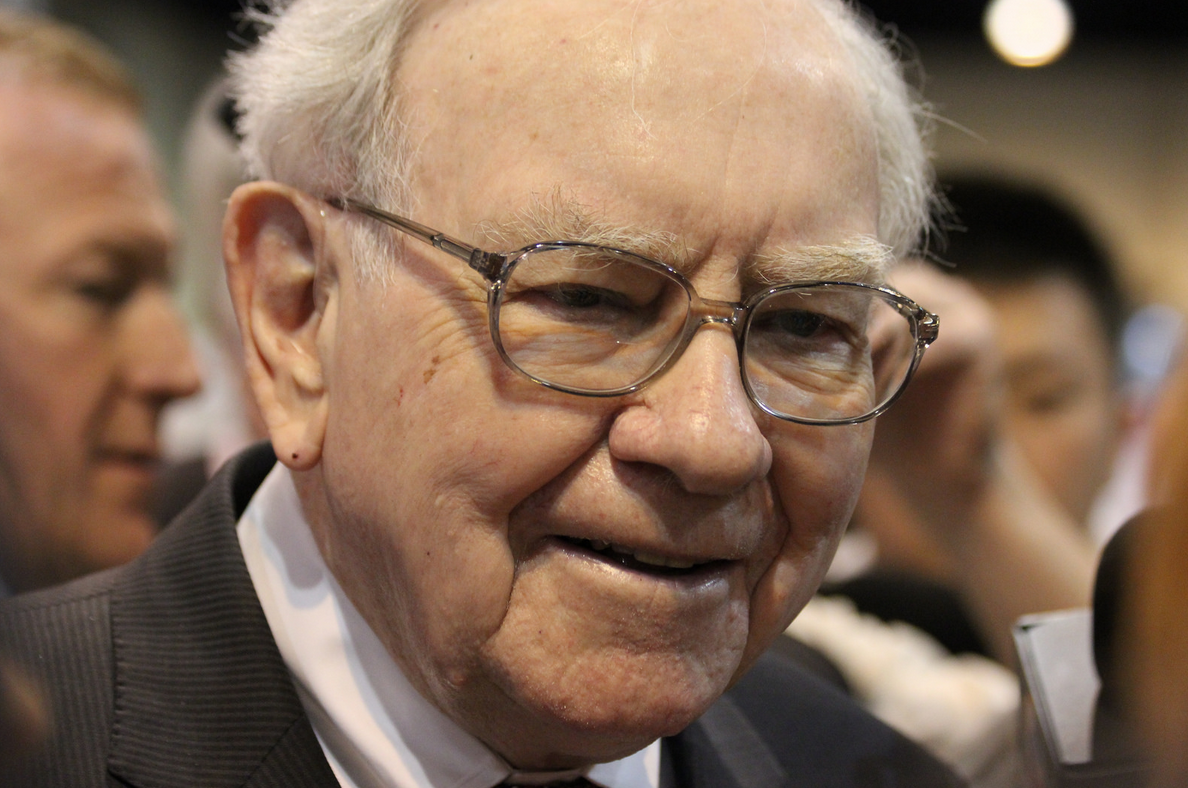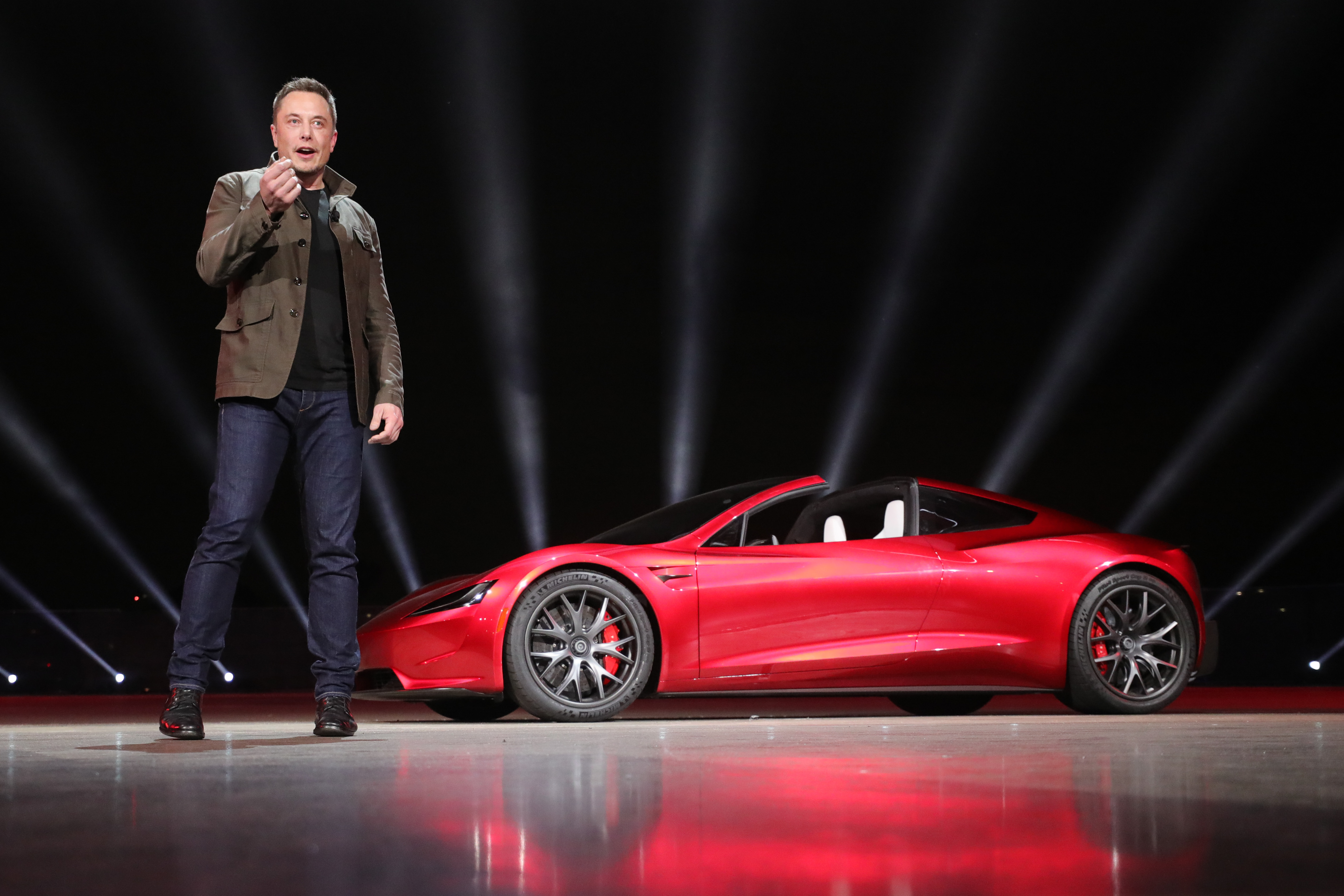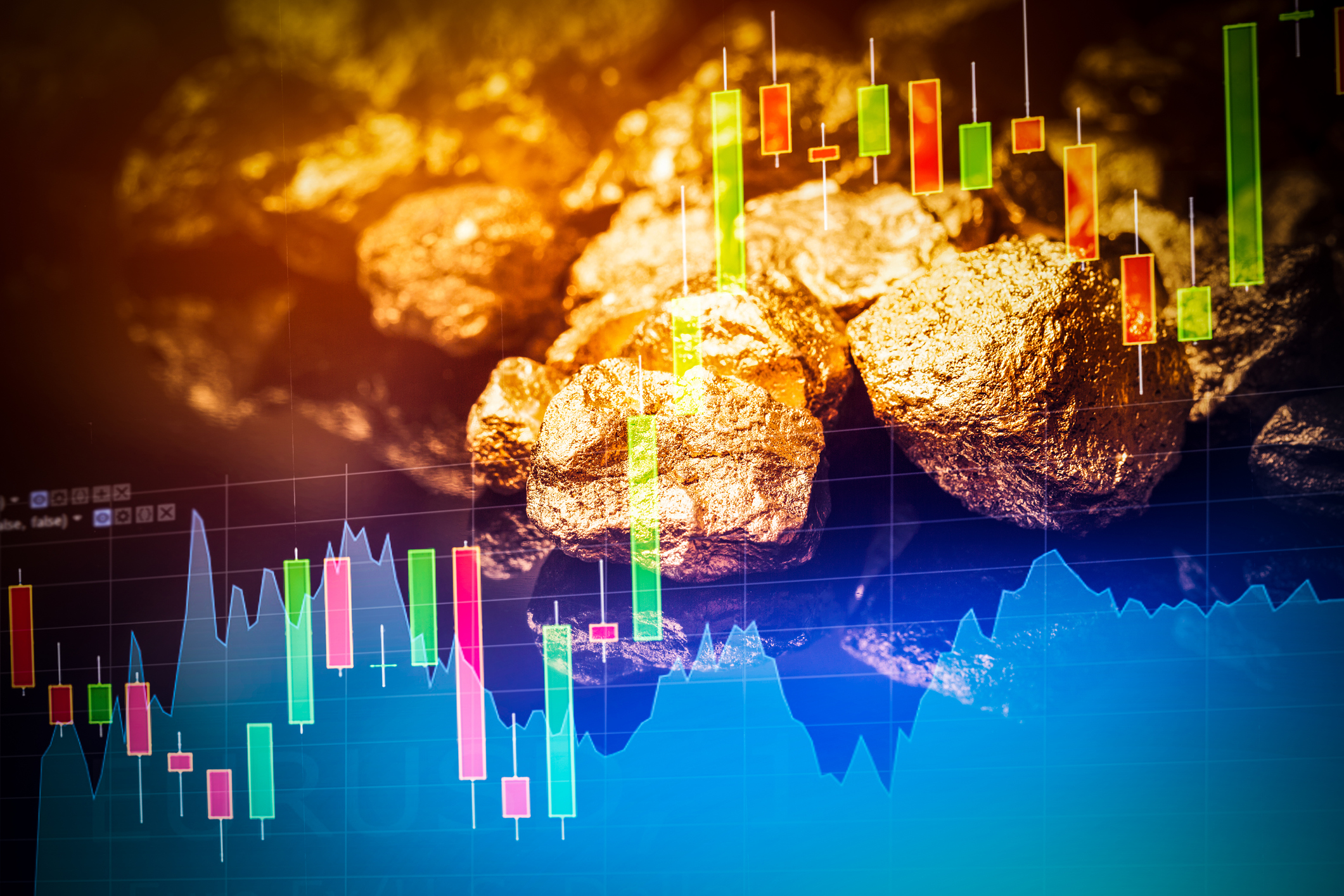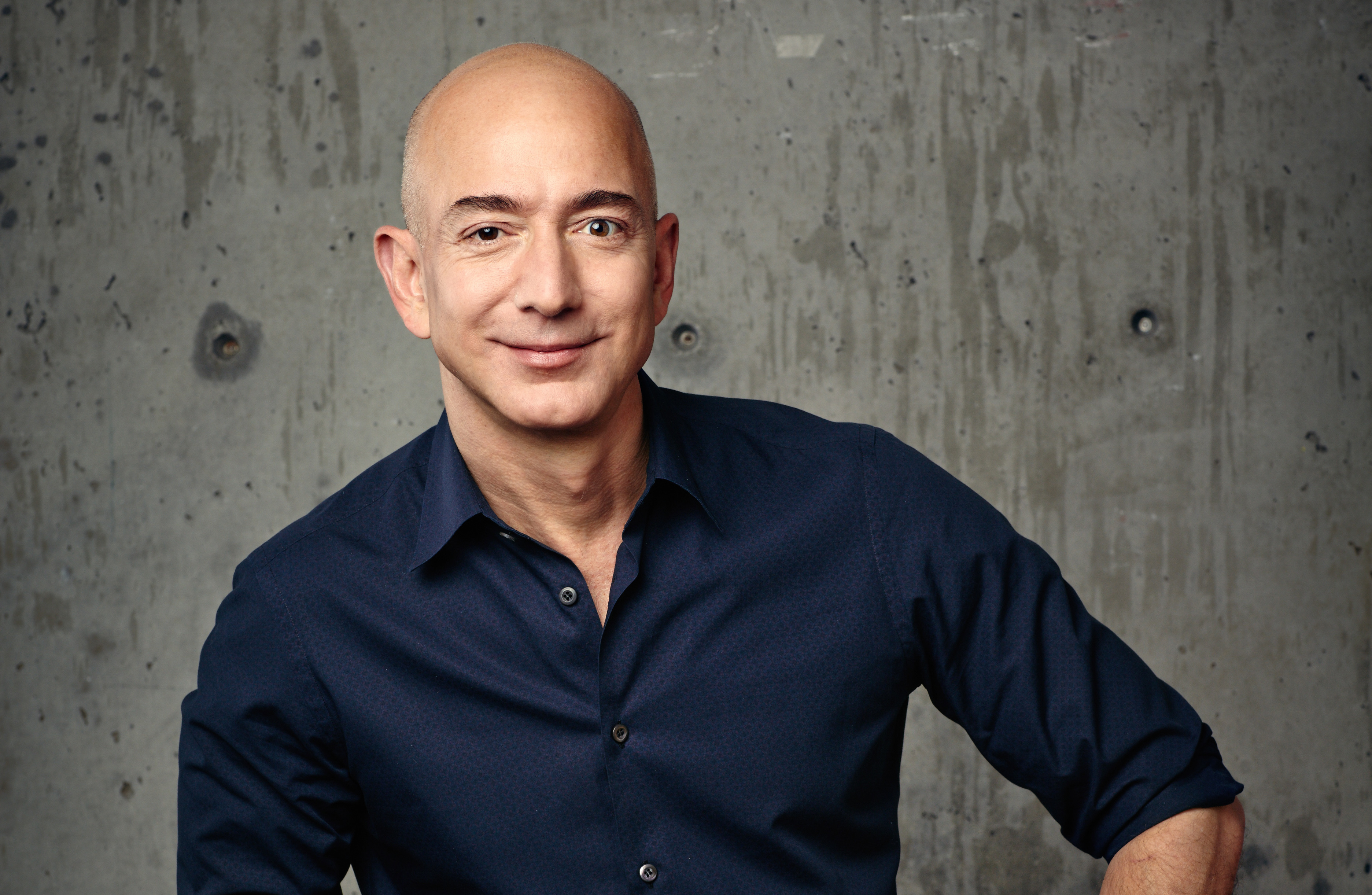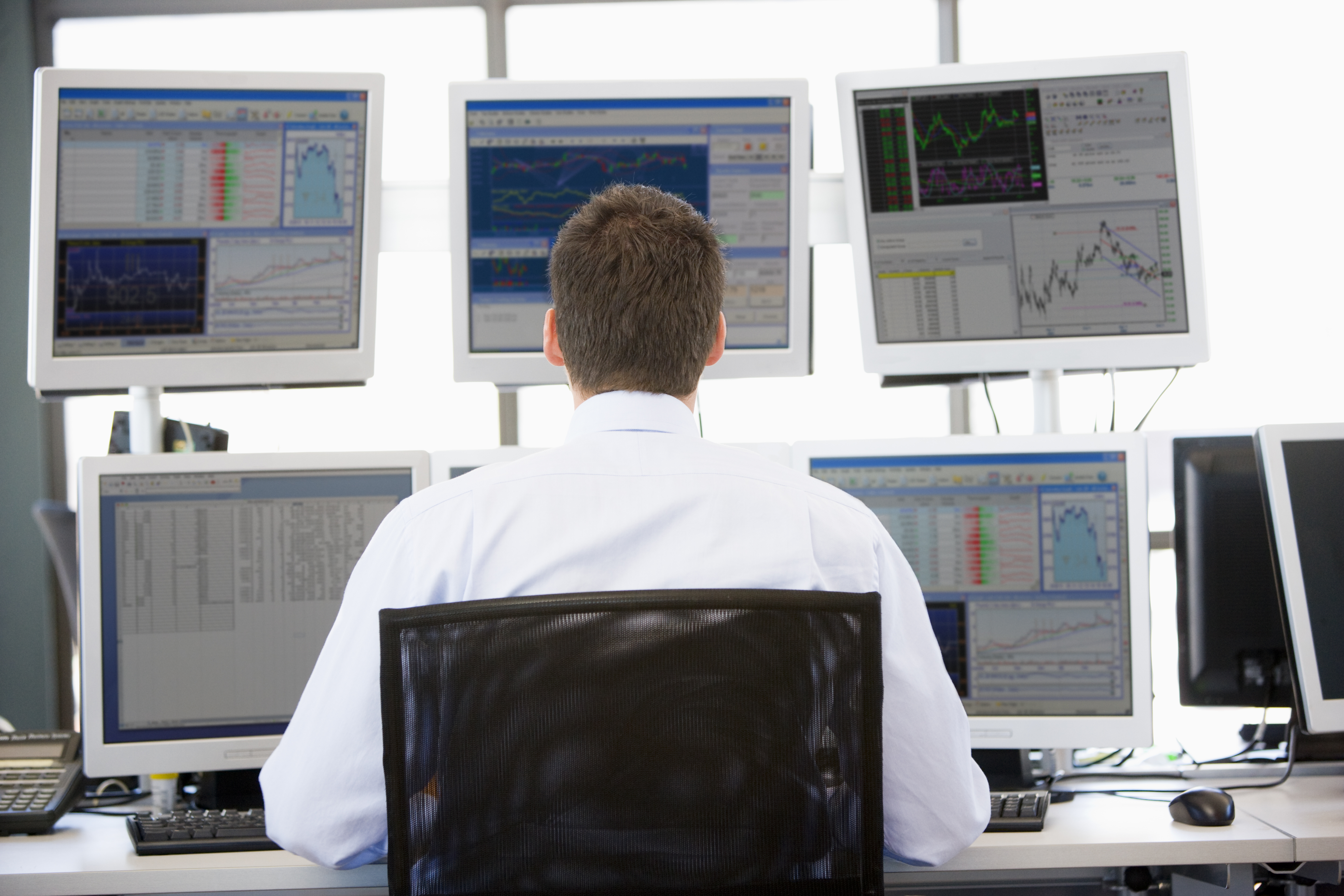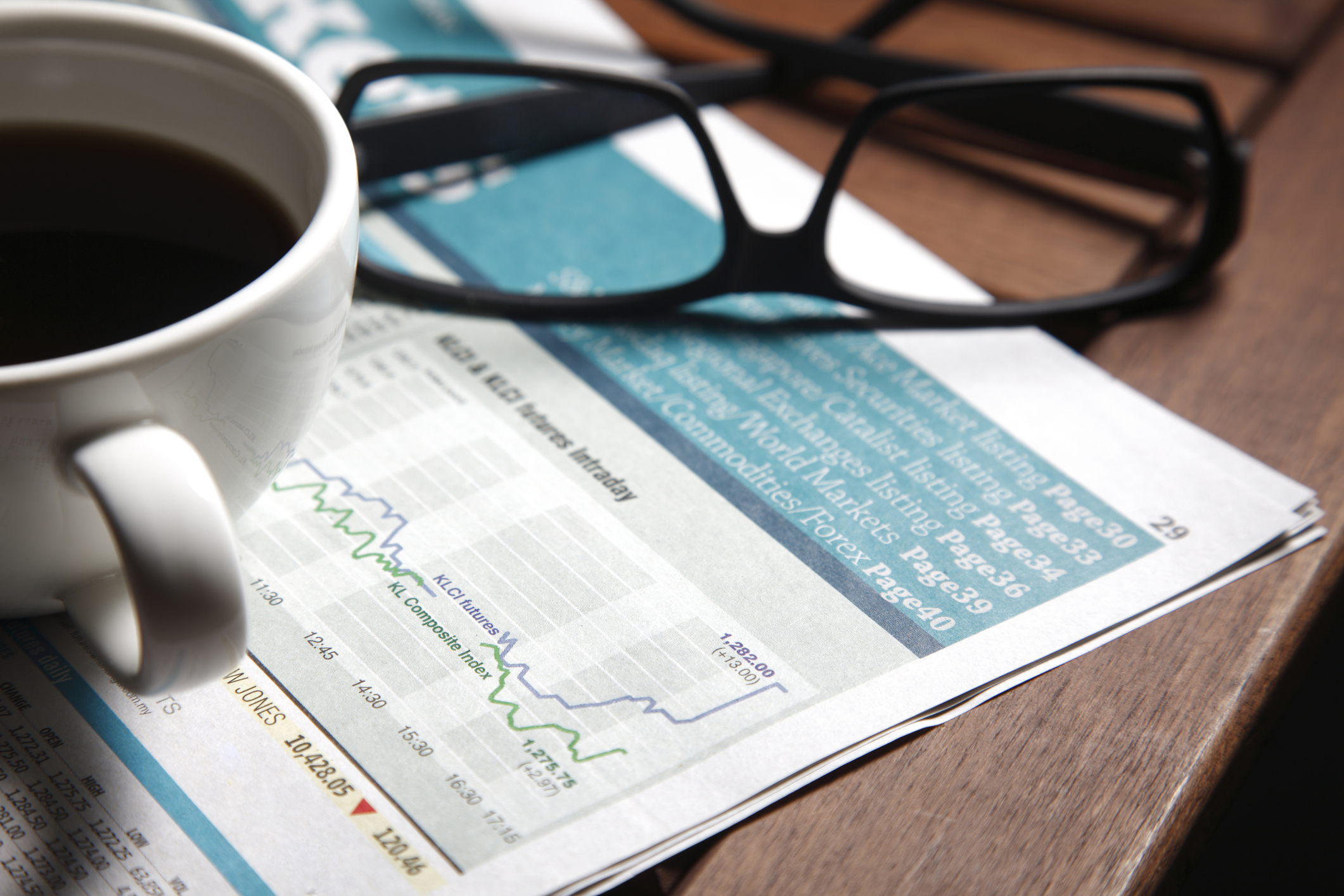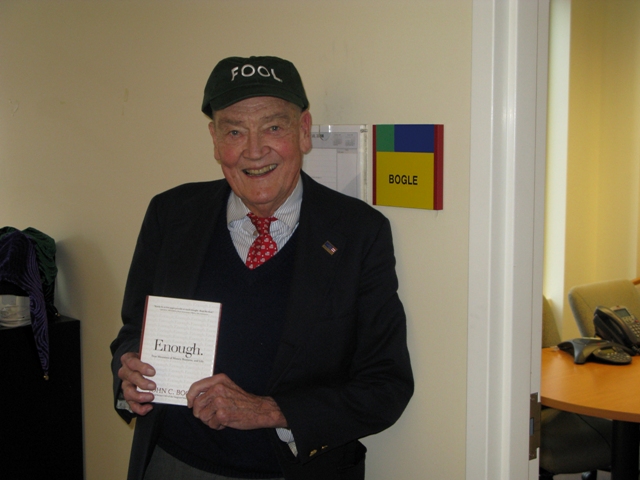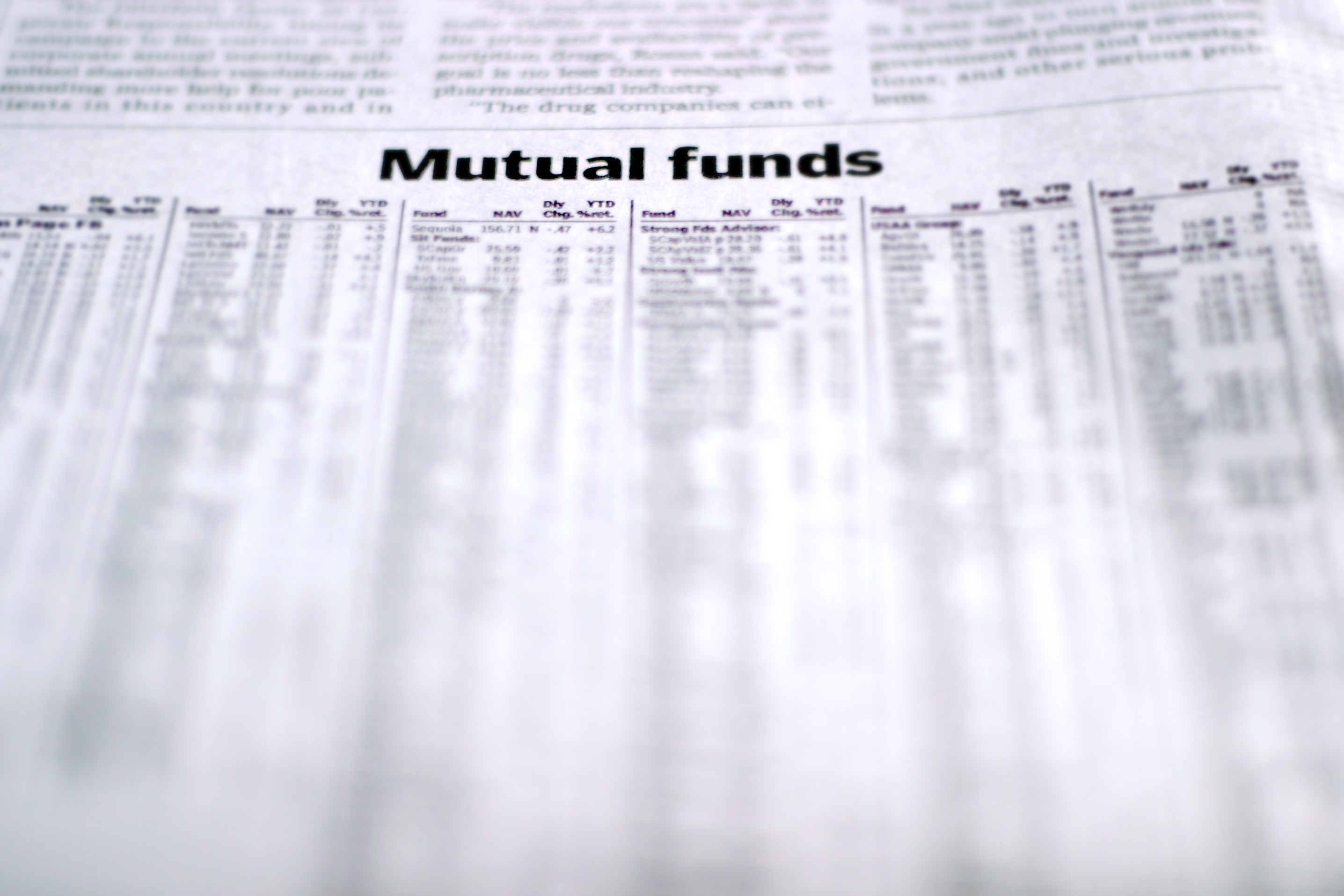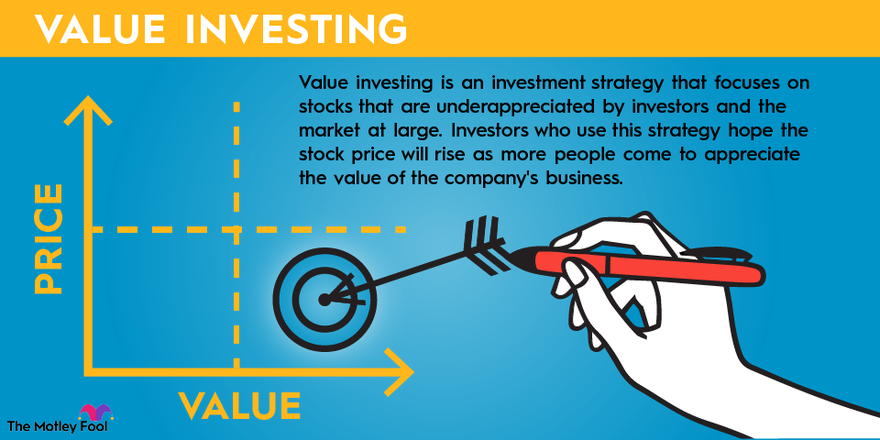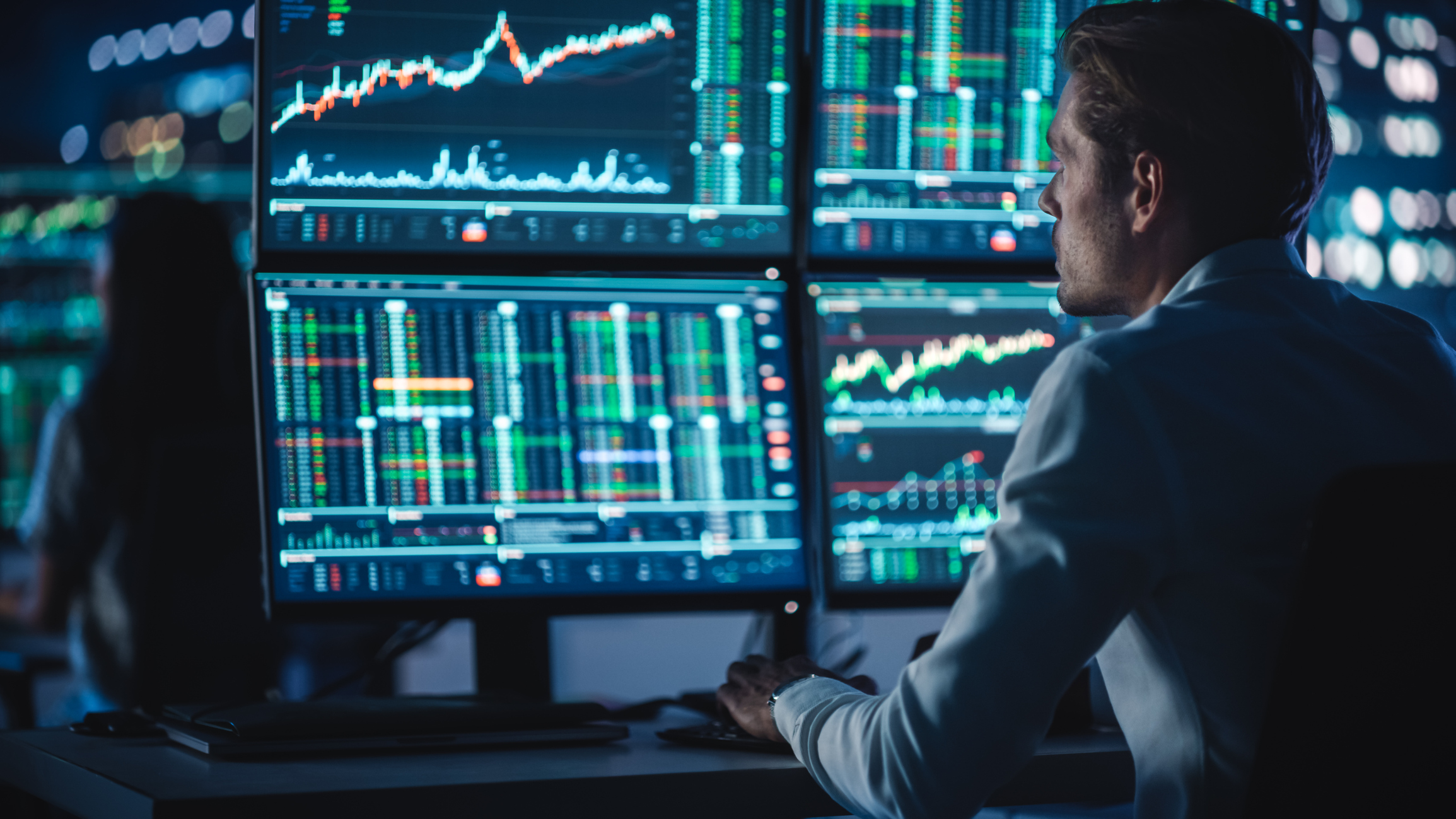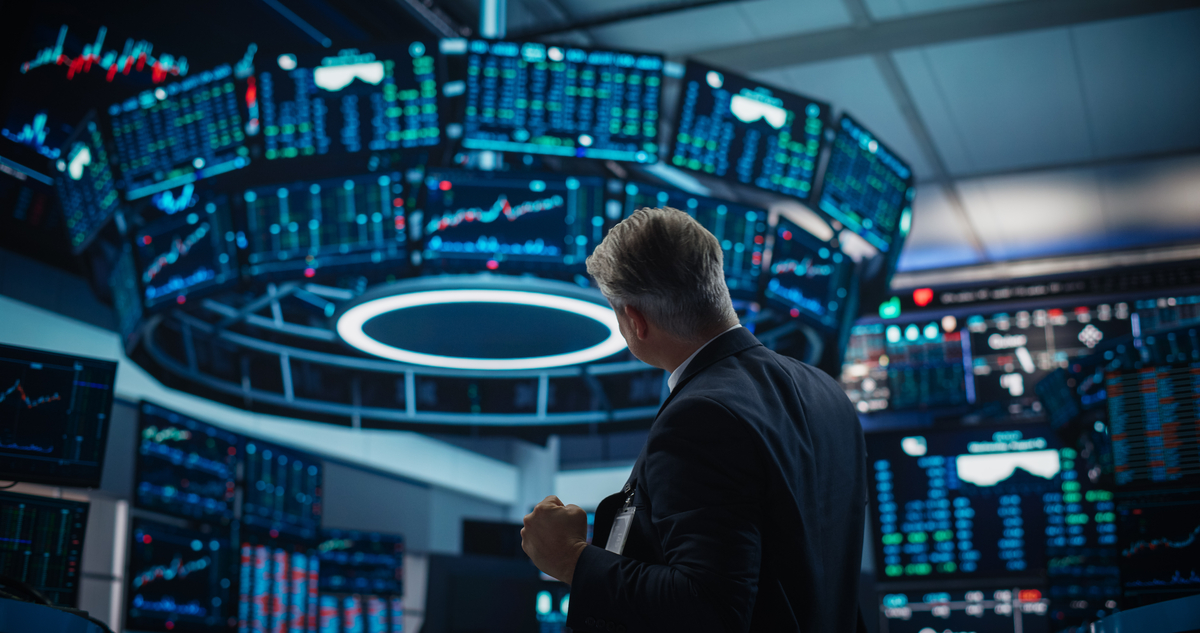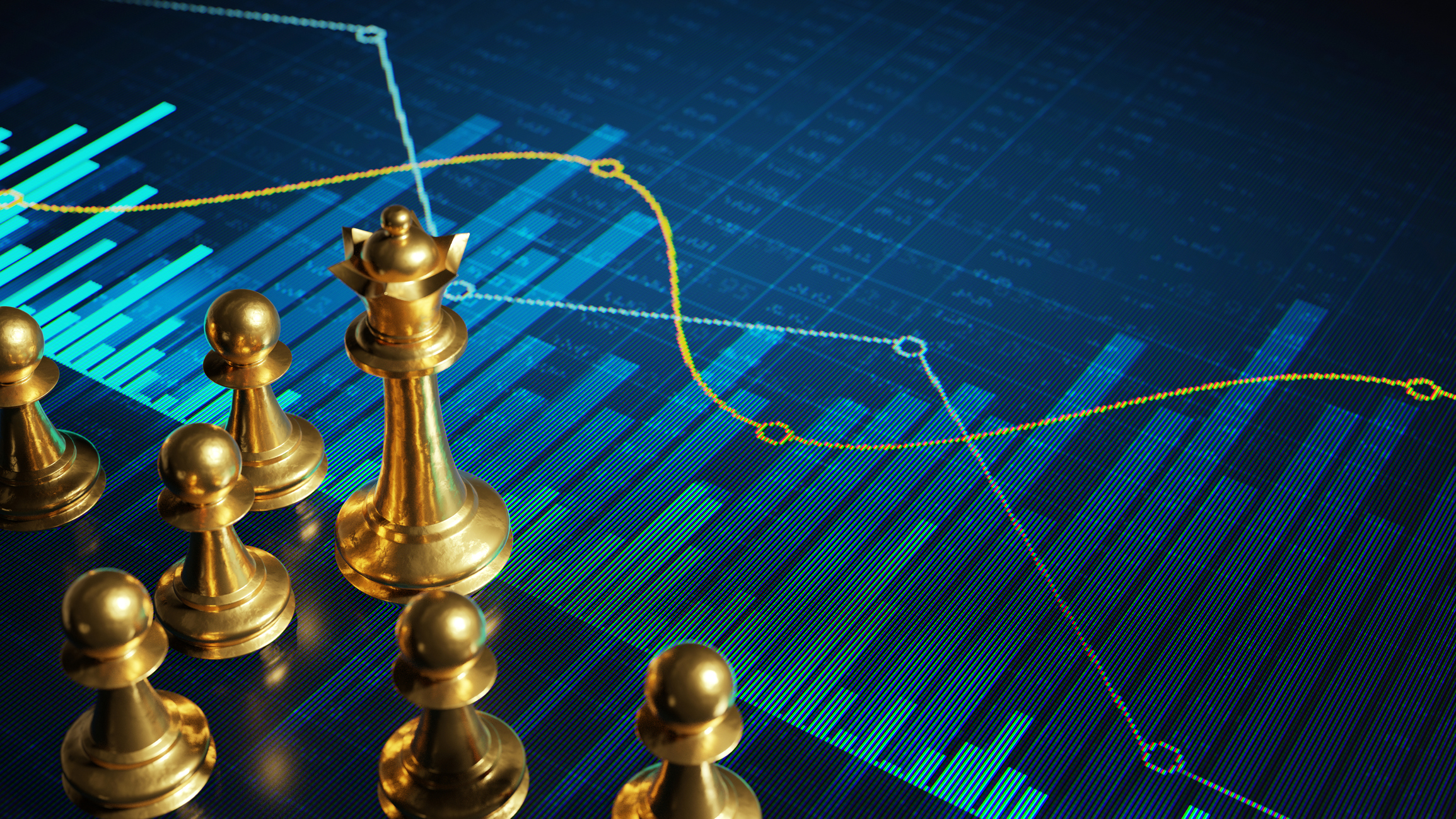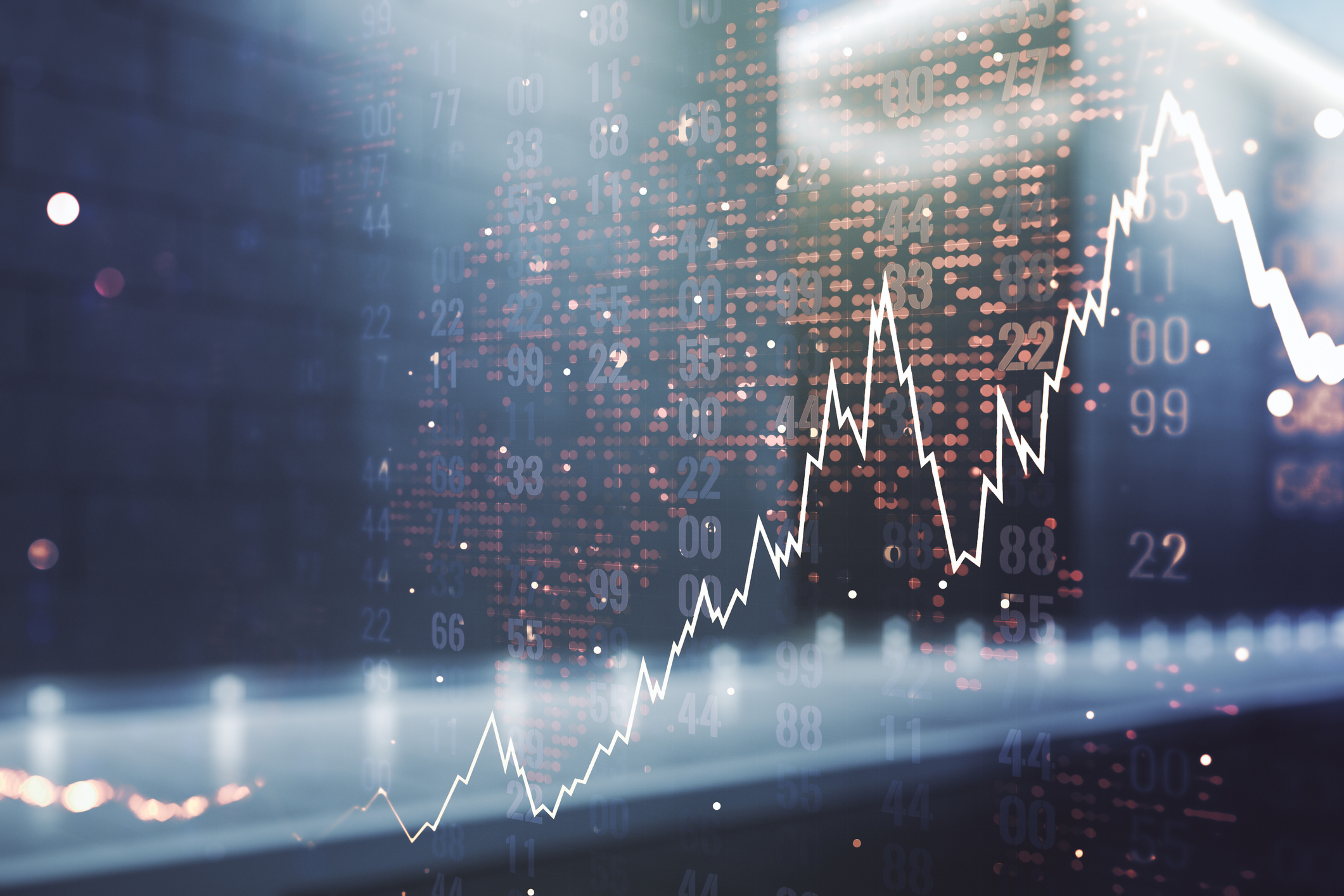Peter Thiel has an estimated net worth of about $21.7 billion as of June 2025, placing him inside of the top 100 richest people on the Bloomberg Billionaires Index. As an accomplished entrepreneur, investor, and author, Thiel is a public figure whom investors can learn from.
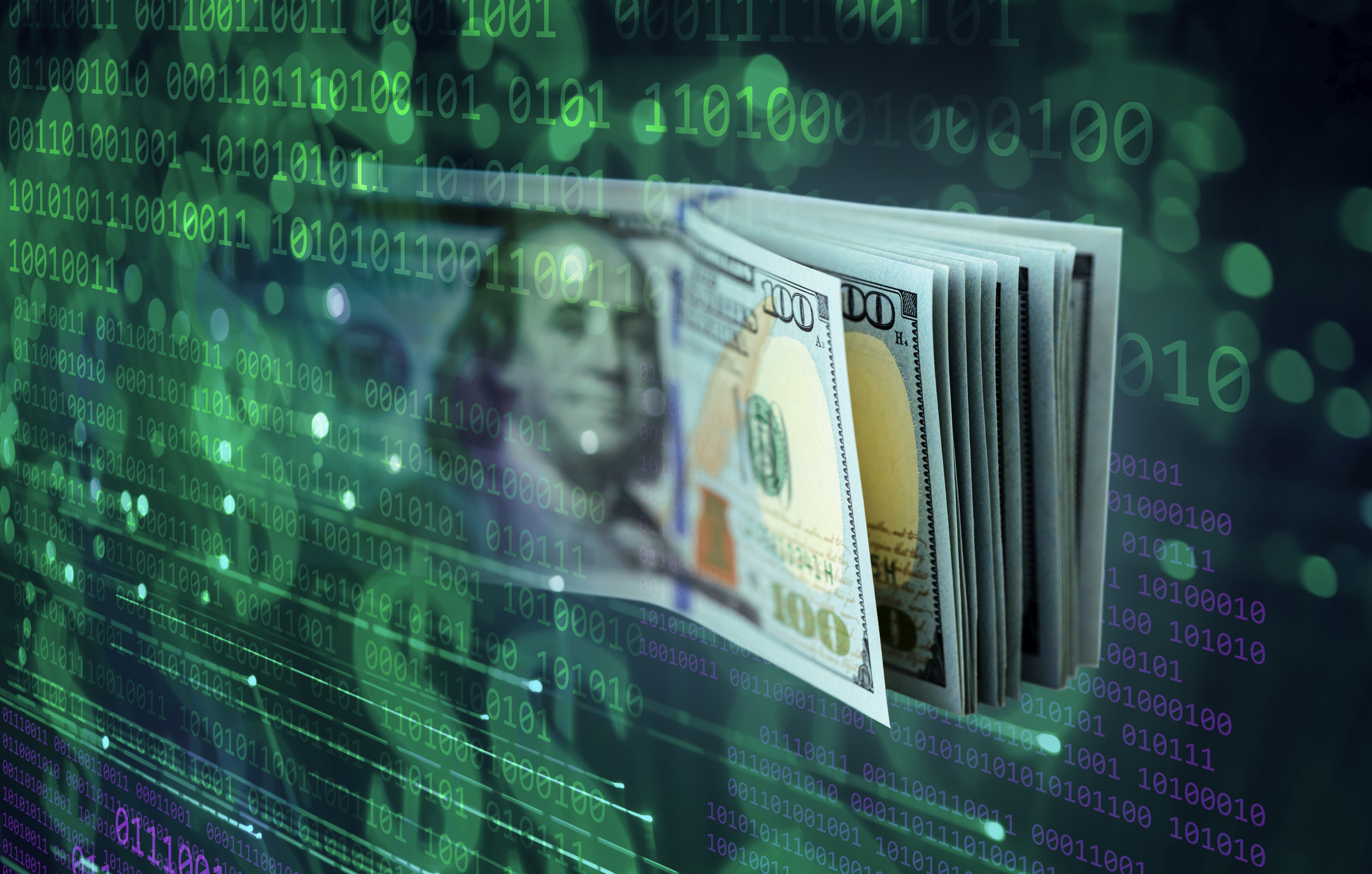
Who is Peter Thiel?
Peter Thiel is an entrepreneur, investor, and author. His parents immigrated to the U.S. from Germany when he was young. He excelled in math and chess from an early age and was valedictorian of his California public high school's graduating class. At Stanford University, he founded a political publication to promote more independent thought. In 2011, he became a citizen of New Zealand, saying that the country aligned with his "view of the future."
Thiel is perhaps most well-known for co-founding PayPal (PYPL -3.15%) after college, and he's sometimes called the "don" of the so-called PayPal Mafia -- the name given to a group of prominent early PayPal insiders. His early success with the financial technology (fintech) pioneer allowed him to later invest in many more start-up businesses and launch new companies, and helped give him more credibility as an author on entrepreneurship.

NASDAQ: PLTR
Key Data Points
Peter Thiel's personal stats
- Age: Thiel was born on Oct. 11, 1967.
- Source of wealth: Thiel has co-founded multiple unicorn companies and has invested in several successful start-ups.
- Marital status: Thiel married Matt Danzeisen in 2017.
- Residence: With properties in California, Florida, Washington, D.C., and New Zealand, Thiel can be hard to pin down. But his primary residence is believed to be his home in Los Angeles.
- Education: Thiel graduated from Stanford University.
From PayPal to Palantir: Peter Thiel’s Founding Journey
Several years after college, Peter Thiel co-founded Confinity, the company that later became PayPal. Thiel eventually became PayPal's CEO, overseeing its initial public offering (IPO) in 2002 and its subsequent acquisition by eBay (EBAY -2.52%). Securing a big payday from eBay's acquisition of PayPal, Thiel started his own hedge fund in 2005.
Thiel's hedge fund, Founders Fund, invests "in smart people solving difficult problems." This includes people such as Elon Musk and his start-up SpaceX, which is trying to solve the difficult problem of "making life multiplanetary." Founders Fund was the first institutional investor in SpaceX in 2008. The hedge fund reportedly owns about 10% of SpaceX, a privately-held business that was valued at $350 billion at its December 2024 funding round.
Founders Fund has continued to invest in many promising privately held companies, including fintech company Stripe, enterprise software platform Rippling, and brain-computer interface company Neuralink. Many of its early investments have also gone on to become successful publicly traded companies, such as short-term rental platform Airbnb (ABNB +0.05%) and audio-streaming giant Spotify Technology (SPOT +1.18%).
Peter Thiel also co-founded Palantir Technologies (PLTR -1.47%) in 2003. The data analytics company was privately held for many years before going public in 2020 at a valuation of about $20 billion. But as of June 2025, Palantir has a market cap of more than $300 billion, making it the most valuable business that Thiel ever helped start.
Peter Thiel's investment approach
Various investment strategies can be successful, and every investor plays the game according to their own unique style. For example, investor Warren Buffett focuses on mature, profitable companies where he believes competitive advantages can be sustained for the foreseeable future.
By contrast, Peter Thiel approaches investing from the opposite end of the spectrum: He invests in start-ups, usually in the technology sector. For those wanting to learn his style, Thiel outlined many of his investing principles and philosophies in his bestselling book Zero to One.
Thiel starts with a contrarian opinion about the economy or an industry -- a belief few others hold. Then, he looks for a business that's offering a product or service that's an order of magnitude better than the competition. In some instances, there's really no competition at all because the business is venturing into uncharted territory -- territory that happens to coincide with one of Thiel's contrarian views.
Being first or being exponentially better can lead to one business controlling a large percentage of a market, allowing for strong profitability in the company's core competence. From there, a business can use profits to expand into ancillary business opportunities. This is what Thiel finds attractive with this investing style.
Peter Thiel's investments
Besides the investments made by Founders Fund, Peter Thiel also owns stocks in his personal portfolio. A complete list is impossible to compile from publicly available information due to Thiel's various investment vehicles and also because he's not always obligated to disclose a position. Here are some of his top personal stock holdings as of June 2025.
Name | Market Cap | About This Company | Thiel's Stake |
|---|---|---|---|
Palantir Technologies (NASDAQ:PLTR) | $328 billion | The company's software is used for complex data analytics. | Thiel owns roughly 100 million shares directly and indirectly, worth around $14 billion. |
AbCellera Biologics (NASDAQ:ABCL) | $1 billion | The company uses software to discover and develop novel antibody drugs. | Unclear. He owned more than 14 million shares (currently worth around $48 million) in 2023. But upon resigning from the board of directors in 2024, he's no longer required to file paperwork when buying or selling. |
Fractyl Health (NASDAQ:GUTS) | $93 million | A healthcare company trying to address the root causes of obesity and diabetes. | Via his Mithril funds, Thiel owned about 6 million preferred shares of various classes as of August 2024, worth about $11 million altogether. |
More from this investor
Peter Thiel isn't active on social media. However, he does occasionally make guest appearances on podcasts and has been known to make TV appearances along with contributions to CNBC.
In 2014, Thiel authored Zero to One, which landed on the New York Times Best Seller list. Thiel's book still ranks in the top 10 books on Amazon (AMZN -3.42%) for entrepreneurship, as of this writing.
A great investor
Peter Thiel's investment strategy is clearly working. His successful past investments in small companies have allowed him to increase his net worth at an enormous rate. By imitating his thinking, other investors could possibly identify promising start-up companies, too.
Related investing topics
However, it should be noted that this investing style can also result in big losers -- and Thiel has had his flops. After all, it's far easier to lose substantial capital in an unproven start-up than it is to lose money in a mature company with a long track record of robust profitability.
That said, just one winner can wipe out many bad investments and drive long-term portfolio returns. In Thiel's case, his investment in Meta Platforms was epic. The trick is to hold on to winners when using Thiel's investment style. Selling a winner too soon can greatly lessen an investor's long-term performance.










